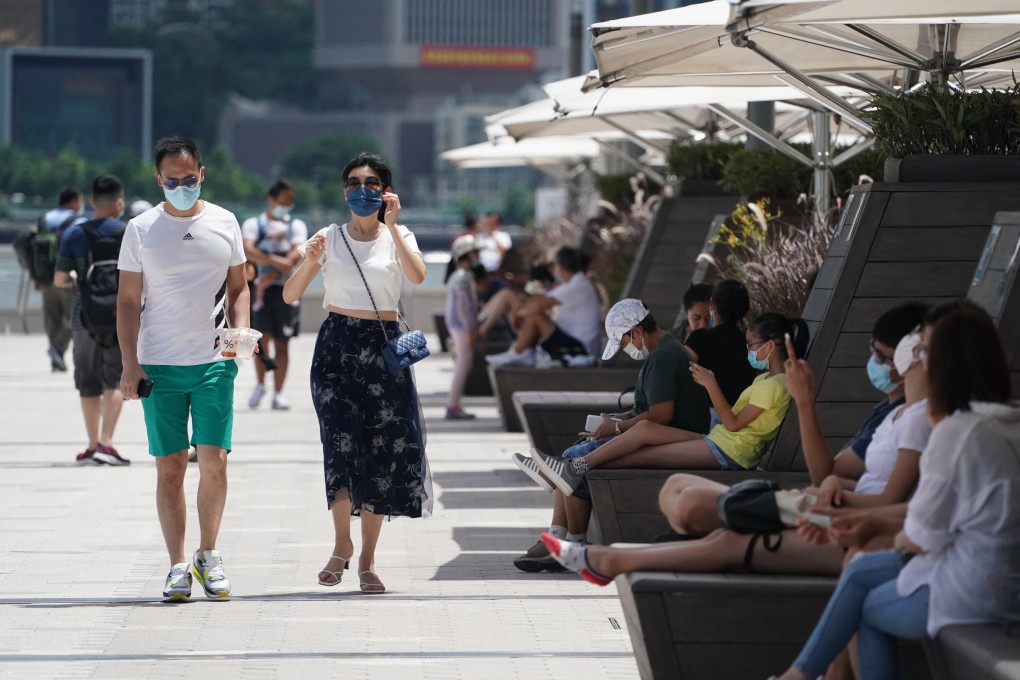Opinion | Hong Kong should keep zero-Covid policy amid doubts over vaccines and herd immunity
- Switching to a ‘live with it’ policy relies on vaccines alone doing the job, when new research suggests declining efficacies as new strains emerge. Hong Kong should wait and see

It is coming up to two years since the outbreak of Covid-19. Many people around the world are understandably tired of the disruptions to everyday life, not to mention the constant fear of sickness and death.
We are very fortunate in Hong Kong, as our city is a rare success in keeping the pandemic under control and minimising its impact on citizens.
Some people don’t seem to realise that the ability to conduct our daily lives almost as before, save for the travel restrictions, comes at a cost. It takes a collective effort to abide by the best infection control practices and give up certain liberties to make it a sustainable success.
We need to be careful in following their lead, since we don’t really know whether these policies are based on scientific rationale or political expediency. There has never been an example of a vaccine stopping a pandemic stone cold (except in films).
